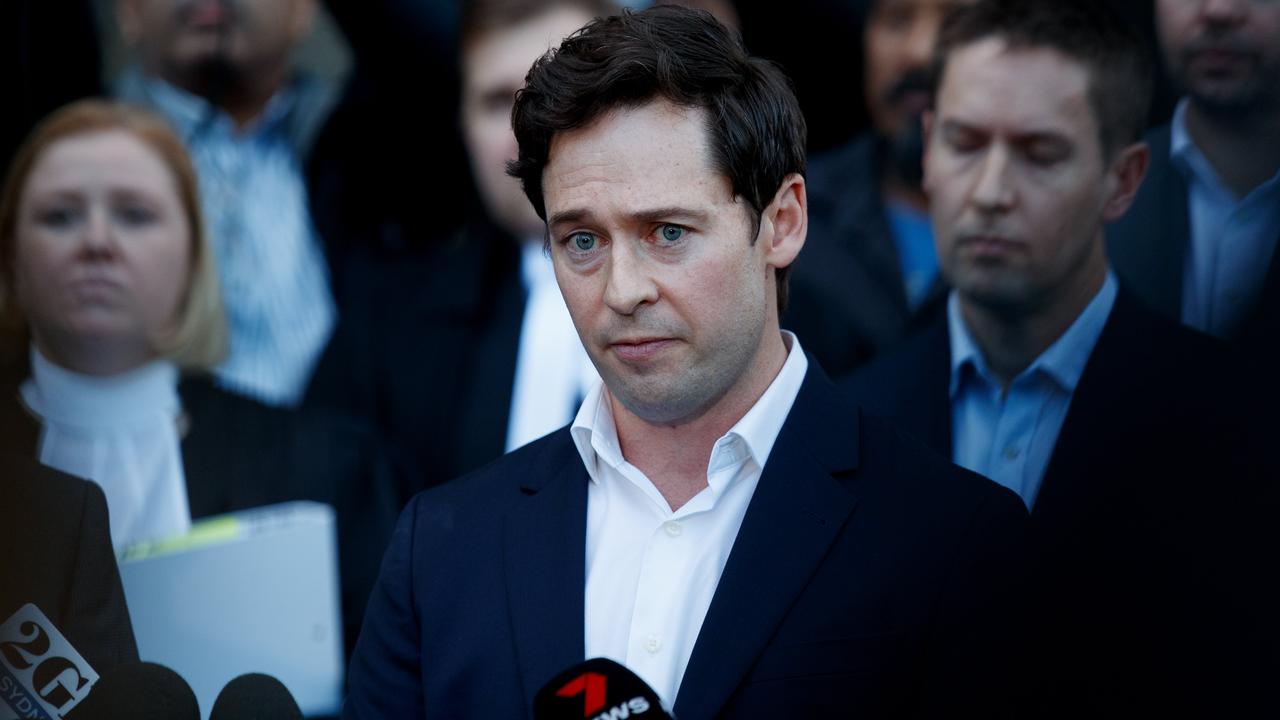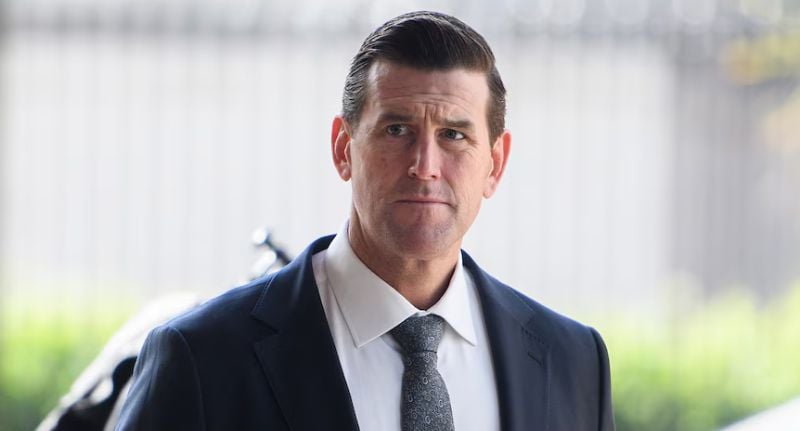Australian special forces veteran Ben Roberts-Smith has been unsuccessful in overturning his high-profile defamation suit loss against Nine newspapers.
The full bench of the Federal Court this morning finding Roberts-Smith was not defamed by the media giant and journalists Nick McKenzie and Chris Masters when they published reports claiming the SAS veteran committed war crimes.
The Court also rejected the bid to reopen the appeal based on the new evidence. The justices also ordered Roberts-Smith to pay legal costs.
Roberts-Smith has vowed to appeal the decision to the High Court.
From battlefield hero to courtroom defendant
Roberts-Smith, recipient of the Victoria Cross and once hailed as a national hero, launched a defamation case against The Sydney Morning Herald, The Age, and The Canberra Times, all publications owned by Nine.
His lawsuit followed a series of investigative reports published five years earlier that accused him of committing war crimes in Afghanistan between 2009 and 2012, engaging in bullying behaviour, and assaulting a woman in Canberra.
In June last year, Justice Anthony Besanko dismissed the case after a drawn-out trial that spanned more than 100 days and cost an estimated $25 million.
In a landmark ruling, the court found, on the balance of probabilities, that Roberts-Smith was involved in the unlawful killings of four detainees and had also engaged in bullying. The domestic violence allegations, however, were deemed insufficiently proven.
The defamation standard of proof, unlike that in criminal cases, requires a civil threshold. Despite not being found guilty of war crimes in a criminal court, the civil judgment marked a dramatic fall from grace for one of Australia’s most decorated soldiers.

Ben Roberts-Smith
The Appeal: claims of legal missteps and judicial oversight
Roberts-Smith has consistently denied all wrongdoing and appealed the judgment in early 2024.
His legal team, led by Arthur Moses SC and Bret Walker SC, presented a sweeping challenge to Justice Besanko’s findings. They argued the judge had made a series of legal and factual errors, from failing to properly weigh witness credibility to delivering insufficient reasons for key conclusions.
Central to their case was the argument that the Briginshaw principle, requiring caution when courts make findings on serious allegations, had not been adequately applied.
The veteran’s legal counsel asserted that the evidence put forward by Nine’s newspapers lacked the strength and clarity needed to justify such serious reputational damage.
They further contended that Roberts-Smith remained entitled to the presumption of innocence and that findings tantamount to criminal guilt should only be made in the context of the criminal justice system.

Nick McKenzie
Last-minute curveball: a secret recording and a fresh claim
In a dramatic twist late in the appeal process, Roberts-Smith’s legal team made an eleventh-hour attempt to reopen the case based on a secret recording.
The recording, emailed anonymously to the legal team, captured a 2021 conversation between The Age journalist Nick McKenzie and a potential witness.
According to Roberts-Smith’s lawyers, the recording contained what they described as “damning” admissions suggesting McKenzie had received confidential information about their client’s legal strategy.
McKenzie, under cross-examination, acknowledged that receiving legally privileged material would be wrong, but categorically denied ever receiving such information. “I accept that getting legally privileged information would be wrong. I do not accept I ever got legally privileged information,” he told the court.
Nine has stood firmly behind its journalist. A spokesperson described the misconduct claims as “baseless” and part of “a sustained campaign of mistruths” from Roberts-Smith and his legal backers.
